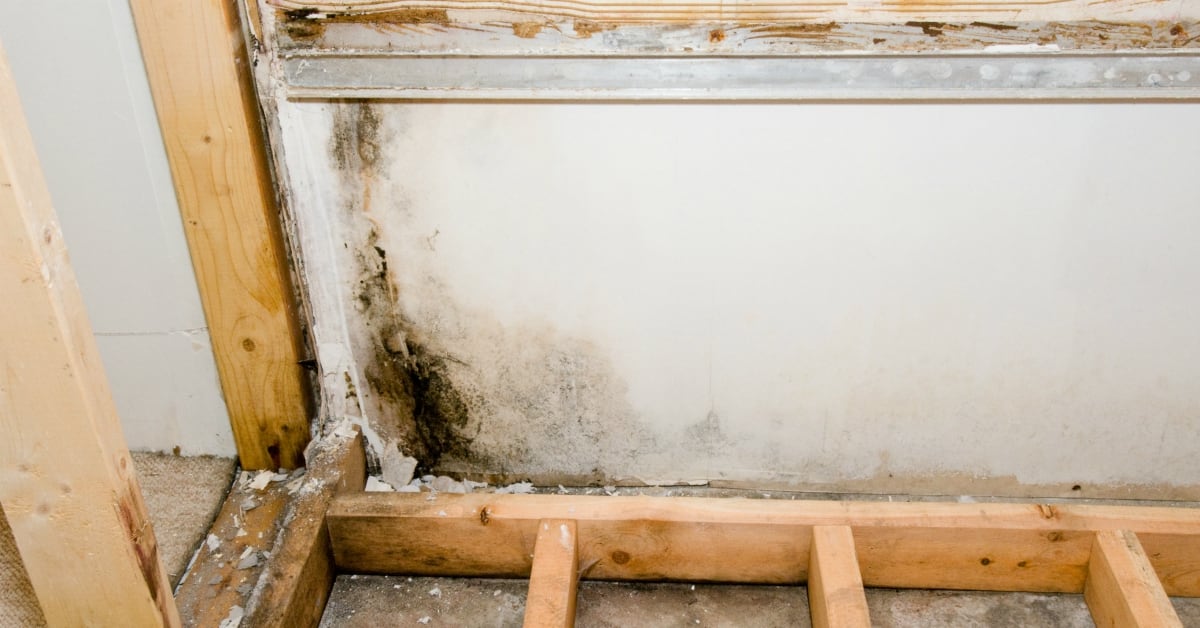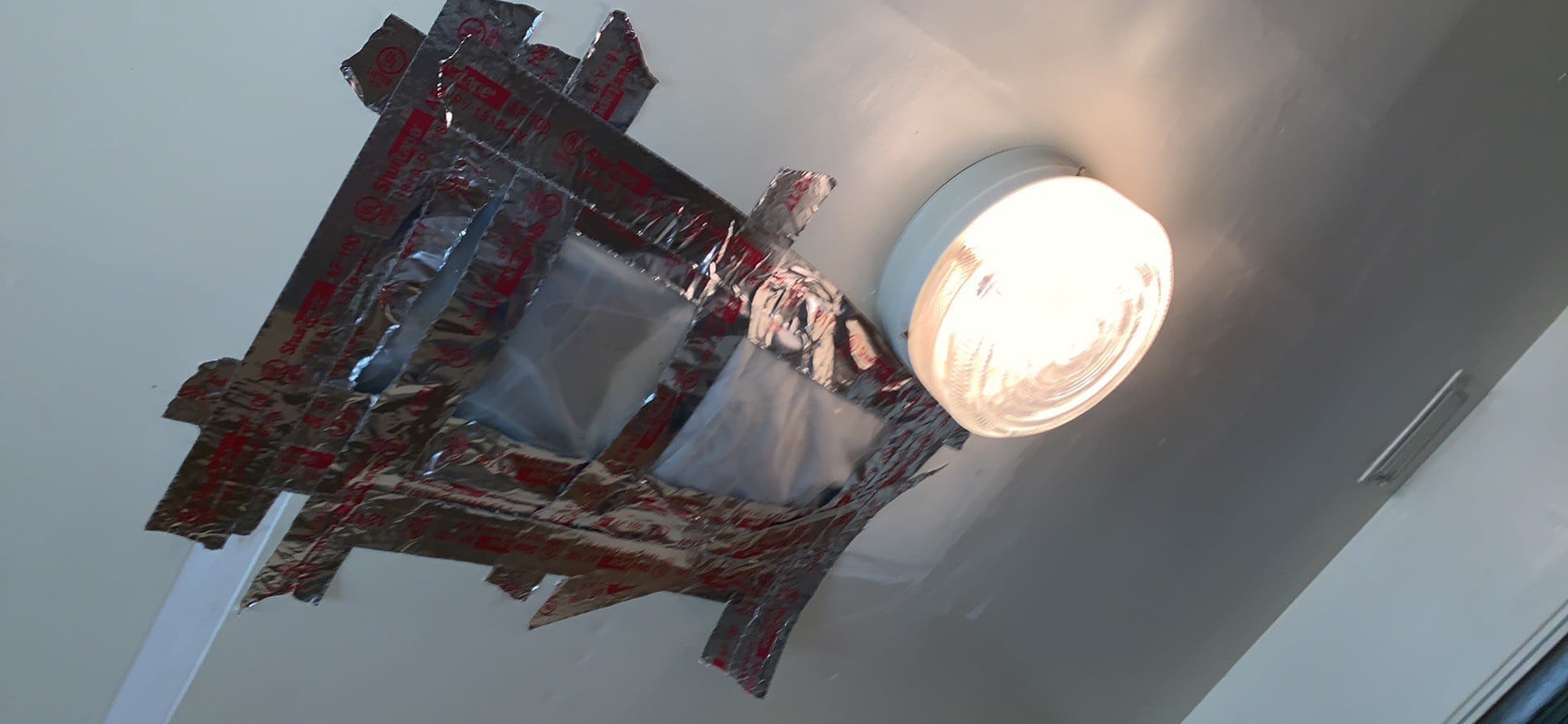Private companies handling military housing have set up overly complex systems to escape accountability and reap significant financial rewards even when they fail to meet Defense Department expectations, according to new findings from a senior senator’s investigation into troops’ poor living conditions.
Sen. Elizabeth Warren, D-Mass., a member of the Senate Armed Services Committee, said the results of her work show that “the documented failures of private housing companies to meet basic standards is unacceptable, hurts families, and damages morale.”
For the last few months, lawmakers have been probing into problems with military housing, including reports of mold, lead paint, vermin and unaddressed repairs. Many of the issues were brought to light in a series of reports by Reuters and the Tampa Bay Times over the last year.
RELATED

Military officials have promised to reforms, including more oversight of private contractors and more resources for military families to file complaints against poorly-performing housing managers. But they have also insisted that the privatized housing model has produced a better quality of life for service members than in the past.
The private housing model originated due to concerns with the quality of on-base housing in the early 1990s, when Defense Department was still responsible for construction and maintenance of those homes. About one-fourth of service members today live in privatized homes, with their monthly housing allowances going directly to outside companies.
In a letter to the Army, Navy and Air Force secretaries — as well as armed services committee leaders — Warren said that arrangement has allowed private companies handling military housing to “set up a complicated web of subcontracts and subsidiaries that undermines accountability for substandard conditions.”
Warren, a Democratic presidential candidate who has introducing legislation mandating stricter oversight of those contractors, said her review of the five largest military housing companies’ operations shows unclear systems for processing families’ complaints and for investing appropriate resources into upkeep.
Related, Warren charged that the companies “can reap significant profit from (military housing) projects despite making relatively small investments.”
RELATED

Officials from the private contractors testified before Congress in February, insisted that failures to keep up the quality of housing options would hurt their profits. Warren’s report states the opposite, noting that the flow of housing stipends from military officials ensures constant cash flow regardless the problems renters report.
Part of the blame for that falls on military leaders charged with oversight, Warren said.
“Incentive fees were included in the housing contracts … to give the private housing companies an extra financial incentive to provide quality living conditions and financially sound properties,” the report stated. “However, it appears that even when they fail to do so, the companies still receive significant incentive payments.”
Military officials have promised to reform that aspect of the housing system, an increase overview of the private housing program. Warren wants legislative action to require things like unannounced site inspections and harsh penalties for poor upkeep.
Senate Armed Services Committee leaders have indicated they hope to include potential fixes to the housing issues in the annual defense authorization bill. The panel’s draft of that measure is scheduled to be completed later this month.
Leo covers Congress, Veterans Affairs and the White House for Military Times. He has covered Washington, D.C. since 2004, focusing on military personnel and veterans policies. His work has earned numerous honors, including a 2009 Polk award, a 2010 National Headliner Award, the IAVA Leadership in Journalism award and the VFW News Media award.
